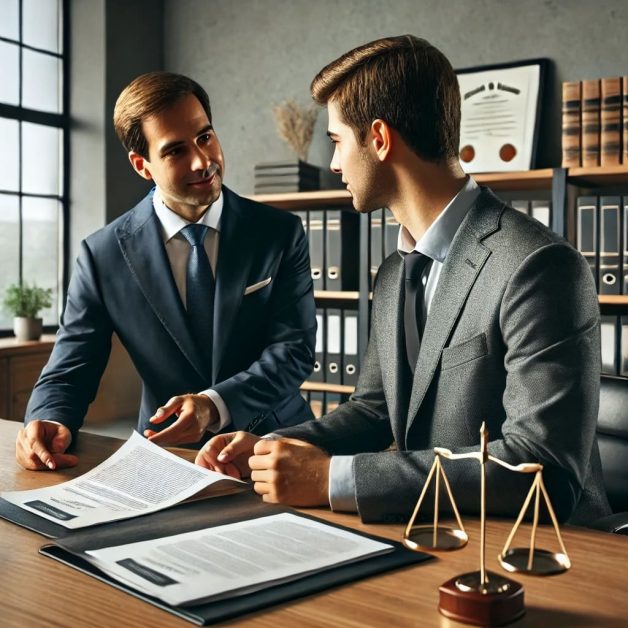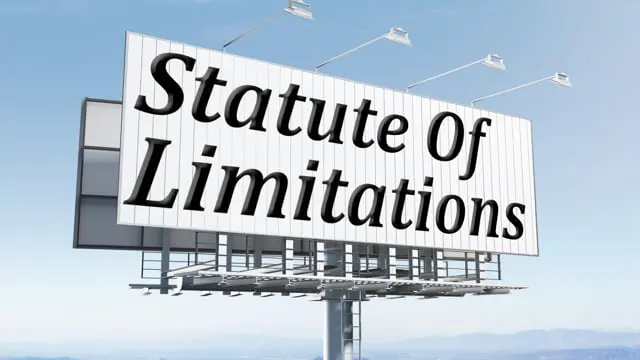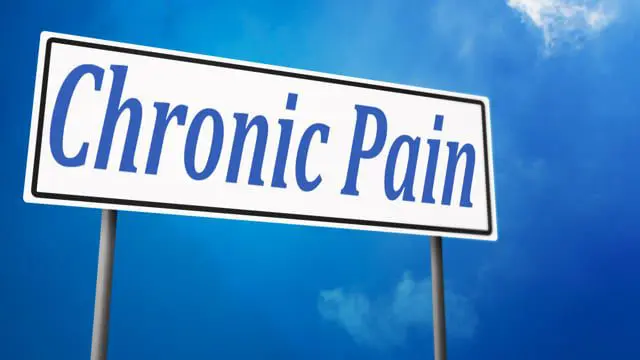Preparing for an initial consultation with a abogado de lesiones personales is crucial for ensuring that your case gets off to a strong start. Bringing the right documents can provide your lawyer with a clear understanding of your situation and help them build a solid case on your behalf. This article will guide you through the essential documents you should bring to your first meeting with a personal injury lawyer.
Accident Report
The accident report is one of the most critical documents to bring to your consultation. This report provides a detailed account of the incident, including the date, time, location, and circumstances surrounding the accident. It also includes statements from witnesses and any citations issued at the scene.
Importance of the Accident Report
The accident report helps your abogado de lesiones personales understand the specifics of the incident. It contains valuable information that can establish liability and support your claim. The report’s details, such as witness statements and officer observations, are crucial for building a strong case.
Obtaining the Accident Report
You can obtain the accident report from the law enforcement agency that responded to the scene. In some cases, you may also be able to request the report online. Make sure to bring a copy of this report to your consultation to provide your lawyer with comprehensive details about the accident.
Historiales médicos
Medical records are essential for demonstrating the extent of your injuries and the treatment you have received. These records include emergency room reports, doctor’s notes, treatment plans, and any other documentation related to your medical care.
Initial Medical Evaluation
The initial medical evaluation is crucial for establishing the timeline of your injuries. This report documents your condition immediately following the accident and outlines the initial treatment you received. It helps your lawyer understand the severity of your injuries and the impact on your daily life.
Ongoing Treatment Records
In addition to the initial evaluation, bring records of ongoing treatment. This includes follow-up appointments, physical therapy sessions, and any other medical interventions. These records show the progression of your injuries and the necessity of continued medical care, supporting your claim for compensation.
Insurance Information
Your insurance information is vital for your abogado de lesiones personales to understand the coverage available to you and the potential sources of compensation. Bring copies of your health insurance, auto insurance, and any other relevant policies.
Health Insurance Policy
Your health insurance policy provides details on the coverage for your medical treatment. This information is crucial for understanding what expenses may be covered by your insurance and what out-of-pocket costs you may incur.
Auto Insurance Policy
If the accident involved a vehicle, bring a copy of your auto insurance policy. This includes your declarations page, which outlines your coverage limits and any relevant endorsements. Your lawyer needs this information to navigate the claims process and negotiate with the insurance company.
Employment Records
Employment records are essential for demonstrating the impact of the accident on your ability to work. These records include pay stubs, employment contracts, and any correspondence related to your work status.
Pay Stubs and Employment Contracts
Pay stubs and employment contracts help your lawyer calculate the financial losses resulting from your injuries. They provide a baseline for your earnings before the accident and help quantify lost wages and potential future earnings.
Correspondence with Employer
If your injury has affected your ability to work, bring any correspondence with your employer regarding your work status. This includes notes from doctors about work restrictions and any communications about modified duties or leave of absence. These documents support your claim for lost wages and demonstrate the impact of your injuries on your employment.
Photographic Evidence
Photographic evidence is a powerful tool for illustrating the severity of the accident and your injuries. Bring any photos you have taken of the accident scene, your injuries, and the damage to your property.
Photos of the Accident Scene
Photos of the accident scene provide a visual representation of the conditions that led to the incident. They can help your lawyer understand the layout, hazards, and other factors that contributed to the accident. These photos are valuable for reconstructing the accident and supporting your claim.
Photos of Your Injuries
Documenting your injuries with photos can illustrate the extent and progression of your injuries over time. These photos provide compelling evidence of the physical harm you have suffered and support your medical records.
Witness Statements
Witness statements can corroborate your account of the accident and provide additional perspectives on what occurred. Bring any written statements or contact information for witnesses who can support your claim.
Obtaining Witness Statements
If you have collected any witness statements, bring these to your consultation. If not, provide your lawyer with the contact information for any witnesses. Your lawyer can follow up with these individuals to gather detailed statements that support your case.
Importance of Witness Testimony
Witness testimony can be crucial for establishing liability and supporting your version of events. Witnesses can provide objective accounts of the accident and help validate your claim. Their statements can be particularly valuable if there is a dispute about how the accident occurred.
Medical Bills and Expenses
Bringing detailed records of your medical bills and expenses is essential for calculating the total cost of your injuries. These records include invoices, receipts, and statements from medical providers.
Detailed Medical Invoices
Medical invoices provide a comprehensive overview of the costs associated with your treatment. These documents are critical for calculating the total expenses you have incurred due to the accident. They help your lawyer determine the compensation you may be entitled to for medical expenses.
Receipts for Out-of-Pocket Expenses
In addition to medical invoices, bring receipts for any out-of-pocket expenses related to your injuries. This includes costs for medications, medical supplies, transportation to medical appointments, and any other related expenses. These receipts support your claim for reimbursement of these costs.
Correspondence with Insurance Companies
Any correspondence you have had with insurance companies is valuable for your lawyer to review. This includes letters, emails, and notes from phone calls regarding your claim.
Letters and Emails
Bring copies of all written correspondence with insurance companies. This includes letters and emails regarding your claim, settlement offers, and any disputes. This documentation helps your lawyer understand the current status of your claim and any challenges you may be facing.
Notes from Phone Calls
If you have spoken with insurance representatives, bring notes from these conversations. Include the date and time of the call, the name of the representative, and a summary of the discussion. These notes provide context for your interactions with the insurance company and can be useful for resolving any issues.
Legal Documents
Any legal documents related to the accident or your injuries are important for your lawyer to review. This includes police reports, court documents, and any other relevant legal paperwork.
Police Reports
If the accident was reported to the police, bring a copy of the police report. This document provides an official account of the incident and can be critical for establishing liability.
Court Documents
If there have been any legal proceedings related to your case, bring all relevant court documents. This includes filings, motions, and orders. These documents provide context for your case and help your lawyer understand the legal landscape.
Personal Notes and Diary Entries
Keeping a personal diary of your experiences following the accident can provide valuable insights into how your injuries have affected your daily life. Bring any notes or diary entries you have kept since the incident.
Daily Pain and Symptoms
Documenting your daily pain levels and symptoms can help your lawyer understand the impact of your injuries. These notes can provide a detailed account of your physical and emotional suffering, which is important for calculating pain and suffering damages.
Impact on Daily Life
Record how your injuries have affected your ability to perform daily activities. This includes limitations on physical activities, challenges with work or household tasks, and the overall impact on your quality of life. These entries help your lawyer build a comprehensive picture of your injuries’ effects.
Conclusión
Bringing the right documents to your initial consultation with a abogado de lesiones personales is crucial for building a strong case. By providing comprehensive documentation, you help your lawyer understand the full extent of your injuries and the impact on your life. This preparation ensures that your lawyer has all the information needed to advocate effectively on your behalf.
For more insights and strategies on consulta jurídica y derecho de daños personales, explore our website and discover valuable resources to enhance your understanding of the legal process. Visit our site today to learn more and prepare for your initial consultation with a abogado de lesiones personales.








